Embezzlement
Embezzlement In Virginia
Embezzlement in Virginia is a larceny crime in Virginia. To be guilty of embezzlement in Virginia, as a violation of §18.2-111 requires a person to wrongfully take money or something of value that he received from his employer. The full language of the statue is provided below. Embezzlement can be both a misdemeanor or a felony, which depends on value and a person’s previous criminal record. We often notice the court treats embezzlement more harshly than regular larceny. This is typically due to the violation of trust in an employee-employer relationship.
Our attorneys have prosecuted and defended clients charged with Embezzlement. When preparing the defense for a client charged with Embezzlement there are many factors our attorneys look at in assessing the best course of action. Conviction can lead to serious consequences including, but not limited to a criminal record, fines, probation, and jail or prison sentence. Being charged with Embezzlement is a serious matter, and we strive to get our clients the best result we can.
The lawyers at Jurach, Tacey, & Quitiquit regularly handle serious criminal charges in criminal Courts around Virginia. If you have been charged with Embezzlement in violation §18.2-111 of contact one of the lawyers at Jurach, Tacey & Quitiquit.
§18.2-111. Embezzlement deemed larceny; indictment.
If any person wrongfully and fraudulently use, dispose of, conceal or embezzle any money, bill, note, check, order, draft, bond, receipt, bill of lading or any other personal property, tangible or intangible, which he shall have received for another or for his employer, principal or bailor, or by virtue of his office, trust, or employment, or which shall have been entrusted or delivered to him by another or by any court, corporation or company, he shall be guilty of embezzlement. Proof of embezzlement shall be sufficient to sustain the charge of larceny. Any person convicted hereunder shall be deemed guilty of larceny and may be indicted for larceny and, upon conviction, shall be punished as provided in § 18.2-95 or § 18.2-96.
Information by, in, to or through this Web site and your receipt or use of it (1) is not provided in the course of and does not create or constitute an attorney-client relationship, (2) is not intended as a solicitation, (3) is not intended to convey or constitute legal advice, and (4) is not a substitute for obtaining legal advice from a qualified attorney. You should not act upon any such information without first seeking qualified professional counsel on your specific matter.
